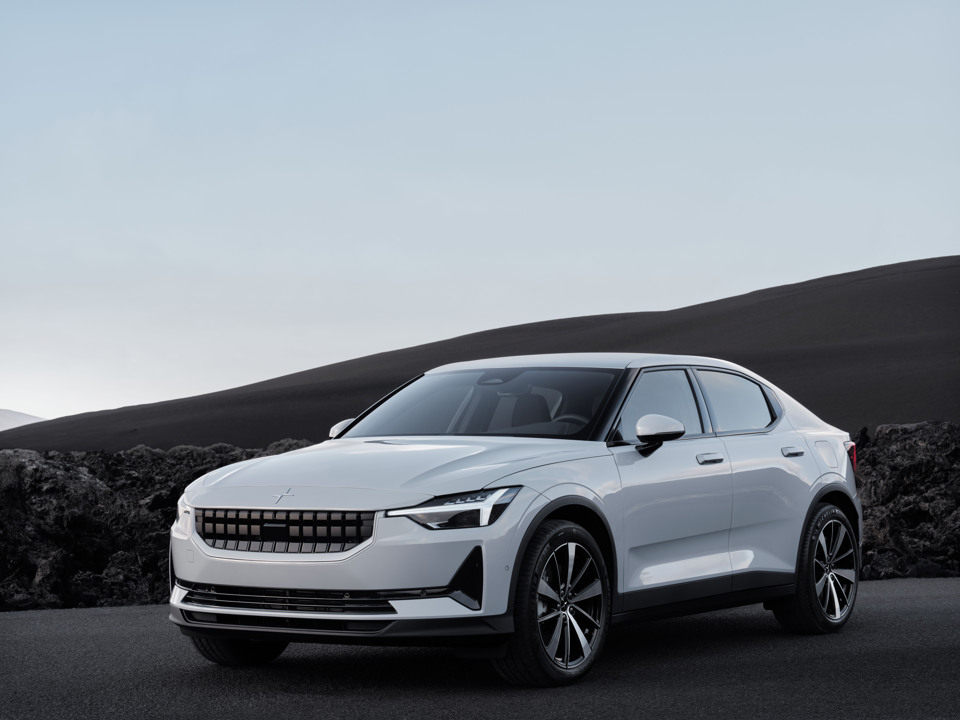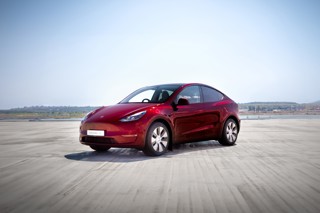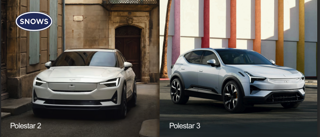Polestar is catching up with Tesla in a global ranking of car makers’ online sales performances.
A new study by Bearingpoint has monitored and assessed the current state of online new car sales in China, Europe and the US. Tesla dominates, but others are closing in.
Christoph Landgrebe, partner at BearingPoint, said: “To be and remain competitive, car manufacturers need to make huge investments to successfully convert their traditional sales channels to online sales by implementing state-of-the-art technology.
“First and foremost, a champion in online car sales adapts quickly to the changing buying behavior of customers and frees up the necessary resources for online sales. It’s about knowing the importance of the individual elements of the sales process from the customer’s point of view and one’s competitive position – and it’s not looking particularly good for traditional manufacturers. There is still a lot of room for improvement.”
The study ranks OEMs in three phases of the customer journey: pre-sales, sales and handover, with a total of 17 assessed touchpoints.
Each touchpoint has four levels of maturity that are evaluated by the degree of fulfillment – 0 for no fulfillment to 3 for maximum fulfillment, leading to a top score of 51 points. Tesla claimed the top spot in all assessed markets.
Though Tesla remains the global champion of direct sales, it now has a challenger with a similar business model in Polestar. Polestar provides a “mature” online shop with “superb usability and design”, according the Bearningpoint.
Mercedes-Benz also received a respectable score with its online shop in the UK.
The number of online shops in the assessed markets almost doubled, from 31 to 60, compared to the 2021 study, pointing to a very dynamic 2022 online sales market.
One-in-10 UK car buyers are ready to complete their purchase wholly online, according to research from What Car?.
BearingPoint identified 14 new OEMs selling their new cars online, noting that the Stellantis Group brands introduced a blueprint solution that can be used for multiple brands and markets for faster scaling.
According to the study, since an increasing number of OEMs are offering online purchases by the year, differentiation is getting harder. “An online shop is no longer a differentiator: brands can only differentiate themselves by providing leading practices in user experience and design, combined with a seamlessly integrated outstanding service quality,” said Landgrebe.
This years study highlights the Lucid car configurator in the US and the Tesla order tracking as two leading practices. Furthermore, virtual reality has been identified as a white spot that could help OEMs to stand out from the competition by bringing the dealership right to the customer’s home.
Most online shops still lack important functionalities, however, customer journeys are far from seamless, and differentiation is hard to come by, which is reflected in the similar scores among the assessed online shops.
“The success of new competitors such as Tesla or Polestar suggests that one of the biggest challenges for car manufacturers is the internal legacy systems and processes behind the customer journey, which slow down the implementation and rollout processes with their technical and organizational complexity. Many manufacturers are challenged by the question of whether they should redesign their existing landscape or go straight for a completely new approach,” explained Landgrebe.
The study can be viewed here: https://www.bearingpoint.com/en/our-success/insights/new-car-online-sales-2022/.



















Login to comment
Comments
No comments have been made yet.